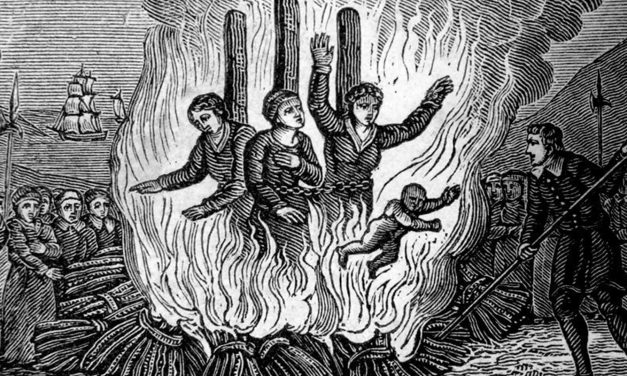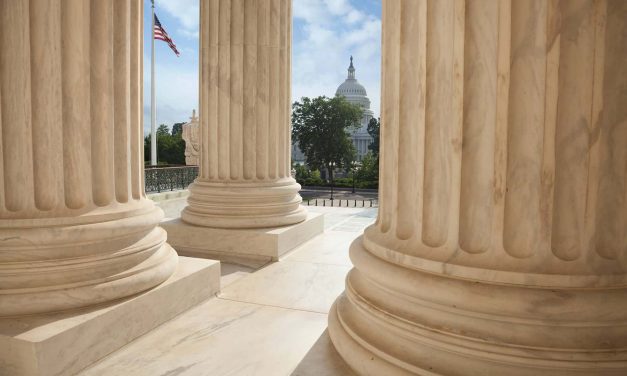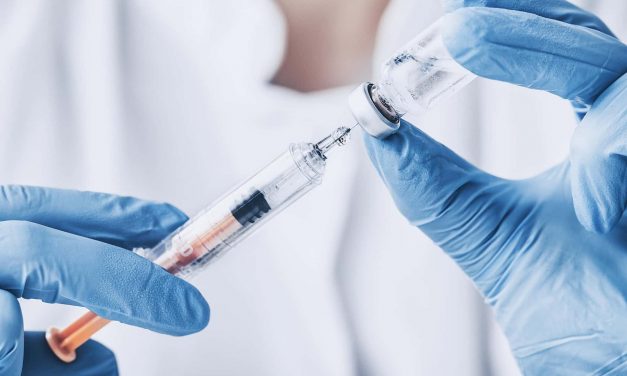Witch trials did not target the powerful, they were all about persecuting the powerless
By Bridget Marshall, Associate Professor of English, University of Massachusetts Lowell “When powerful white men used words like lynching and witch hunt to describe their perceived persecutions, it’s because there are no historical analogues to white male persecution. There’s no term for it because historically, there’s no such thing.” – Tom Lorenzo “Witch hunt” – it’s a refrain used to deride everything from impeachment inquiries and sexual assault investigations to allegations of corruption. When powerful men cry witch, they’re generally not talking about green-faced women wearing pointy hats. They are, presumably, referring to the Salem witch trials, when 19...
Read More















